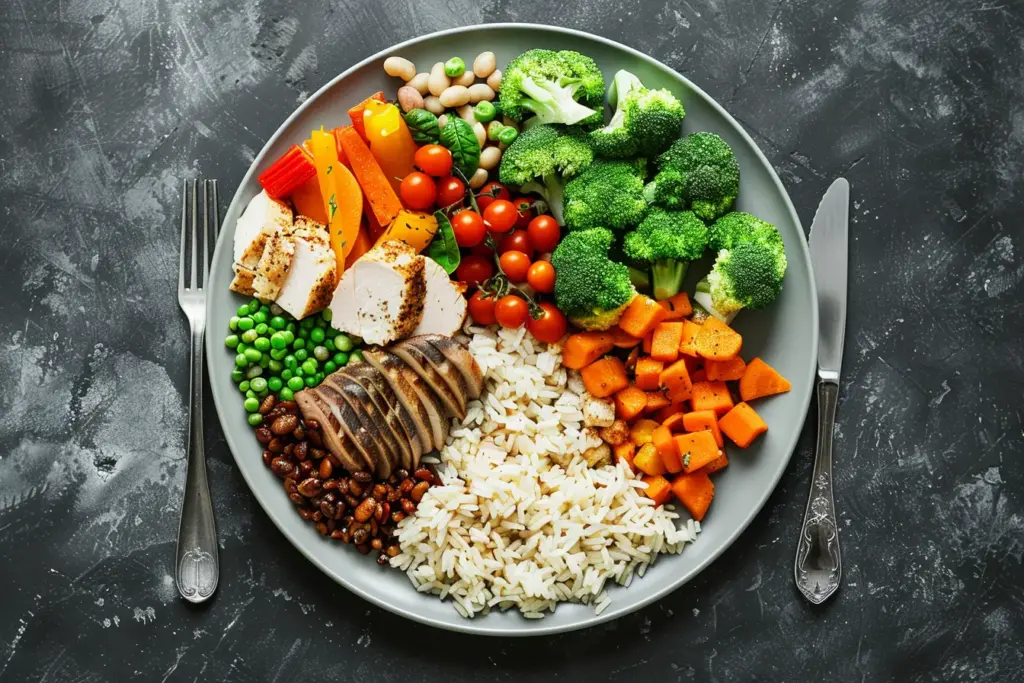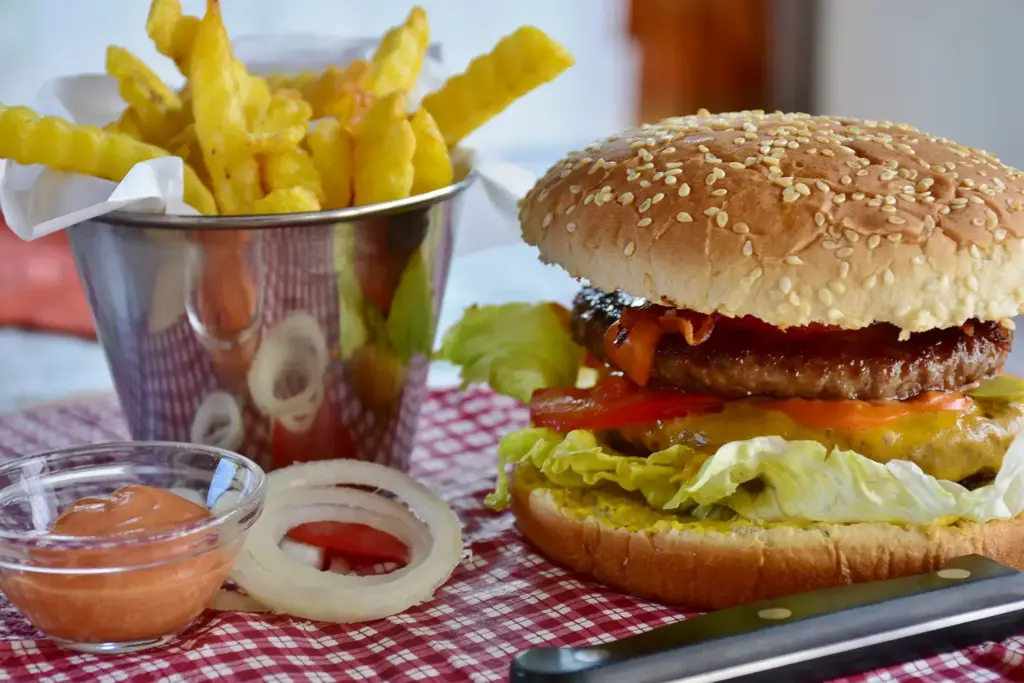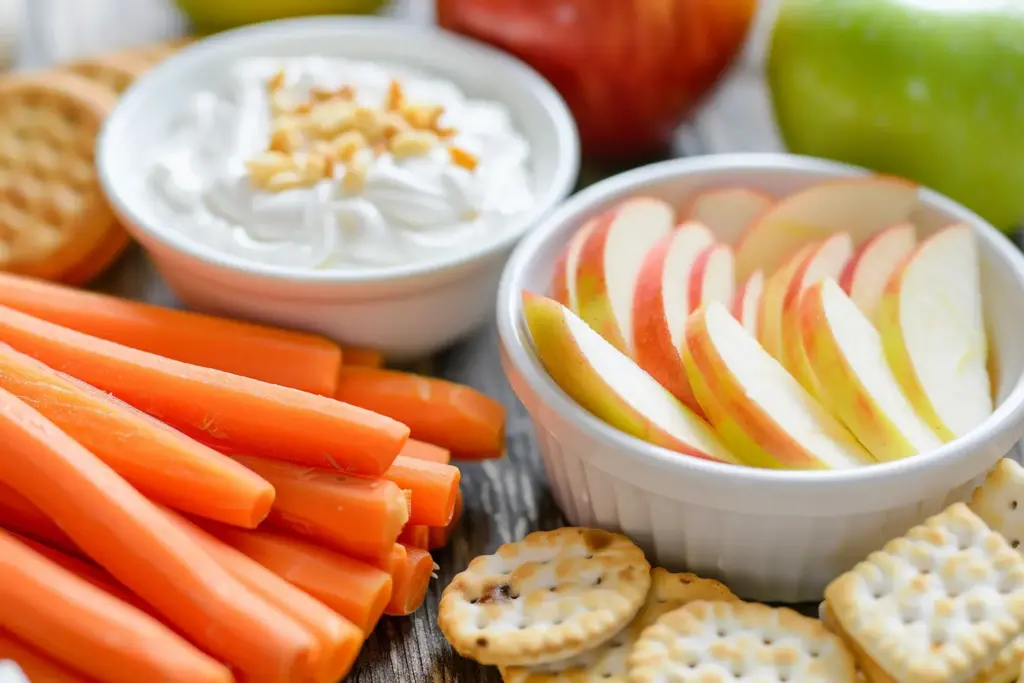- Why What You Eat Before Bed Matters
- The Connection Between Diet and Sleep Quality
- Foods to Avoid for Better Sleep
- How Caffeine Impacts Your Sleep Cycle
- The Truth About Sugar and Nighttime Restlessness
- Foods High in Fats: A Disruption to Sleep Patterns
- Alternatives to Common Late-Night Cravings
- Strategies to Implement Dietary Changes for Improved Sleep Quality
Why What You Eat Before Bed Matters
The food and drinks you consume before bedtime can significantly affect the quality of your sleep. Certain foods can act as stimulants, while others can be hard to digest, leading to discomfort and restlessness throughout the night. Understanding the impact of your diet on sleep can help you make better choices that contribute to a restful night.
Firstly, consuming the proper nutrients can promote the release of chemicals that naturally prepare your body for sleep. For example, foods rich in tryptophan, magnesium, and calcium can enhance melatonin production, the hormone responsible for regulating your sleep-wake cycle.
Conversely, other foods can disrupt this cycle. Heavy or rich foods, big meals, and spicy dishes can strain your digestive system and raise your body temperature, making it harder to fall asleep or stay asleep. Additionally, beverages that contain caffeine or alcohol, often considered a nightcap, can disturb your sleep later in the night, even if they initially feel relaxing.
Thus, making informed dietary choices as bedtime approaches is crucial for avoiding sleep disturbances and ensuring you can fully recharge for the day ahead.

The Connection Between Diet and Sleep Quality
Substantial scientific evidence supports the link between what you eat and how well you sleep. Certain foods and beverages directly impact the mechanisms that regulate sleep, affecting everything from how quickly you fall asleep to the quality and duration of your sleep.
Essential Nutrients That Influence Sleep
- Tryptophan: This amino acid is a precursor to serotonin, which is then converted into melatonin. Foods rich in tryptophan include turkey, chicken, and dairy products.
- Magnesium: Known for its calming effects on the nervous system, magnesium can be found in foods like almonds, spinach, and whole grains.
- Calcium: This mineral helps the brain use tryptophan to produce melatonin. Good sources include dairy products, green leafy vegetables, and fortified cereals.
Foods and Beverages to Be Cautious About
- Caffeine: A stimulant found in coffee, tea, chocolate, and some soft drinks, caffeine can delay the timing of your body clock and reduce the total sleep time.
- Alcohol: While it might help you relax initially, alcohol can interrupt your REM sleep, which is vital for memory and learning.
- High-fat Foods: Foods high in unhealthy fats can be hard to digest and may lead to discomfort that disrupts sleep.
By understanding the nutritional content of your evening meals and snacks and how they interact with your body’s sleep processes, you can make more informed choices that support uninterrupted, high-quality sleep.

Foods to Avoid for Better Sleep
Paying attention to your diet is crucial to ensure a night of deep and restorative sleep, particularly in the hours leading up to bedtime. Here are some foods and beverages that you might consider avoiding to help minimize sleep disturbances:
Caffeinated Products
- Coffee: Especially if consumed in the late afternoon or evening.
- Tea: Black and green tea contain caffeine that can keep you awake.
- Cola and Other Caffeinated Sodas: Contain caffeine and sugars that can spike your energy levels.
- Chocolate: Contains caffeine and theobromine, another stimulant that can increase heart rate and sleeplessness.
Heavy, Rich Foods
- Red Meats and Fatty Cuts: These take longer to digest and can keep your body working hard through the night.
- Fried Foods: High in fat and often cause discomfort or indigestion.
- Spicy Foods: Can cause heartburn or indigestion, especially if you’re prone to these conditions.
Sugary Foods and Drinks
- Candy and Sweets: Rapid spikes in blood sugar can lead to energy boosts that counteract sleepiness.
- Sweetened Beverages: Like sodas or sweet teas, which can affect blood sugar levels.
Alcoholic Beverages
- Beer, Wine, Spirits: While they might help you unwind, they interfere with your sleep cycle, particularly the REM stage of sleep.
Understanding what foods to avoid as part of your nighttime routine can significantly improve your sleep quality, helping you feel more rested and alert during the day.

How Caffeine Impacts Your Sleep Cycle
Caffeine is a powerful stimulant in various beverages and foods, such as coffee, tea, chocolate, and soft drinks. Its ability to delay and reduce sleep duration can significantly impact sleep quality. Here’s a closer look at how caffeine interacts with your sleep cycle:
Caffeine’s Effect on Sleep Onset
- Delay in Sleep Onset: Caffeine blocks the action of adenosine, a neurotransmitter that promotes sleep, making it harder to fall asleep.
- Reduced Sleep Efficiency: Even if you fall asleep, caffeine can affect sleep quality, making it lighter and more fragmented.
Impact on Circadian Rhythm
- Shift in Circadian Clock: Caffeine can delay the timing of your internal clock, reducing your total sleep time, especially if you consume it less than six hours before bedtime.
Influence on Sleep Architecture
- Decreased Deep Sleep: Caffeine can reduce the amount of deep sleep you experience, which is crucial for physical restoration and memory consolidation.
- Interruptions in REM Sleep: REM sleep, which is essential for cognitive functions such as memory and learning, can be disrupted by caffeine consumption.
To mitigate the effects of caffeine on sleep, consider limiting your intake from the late afternoon onwards and opting for caffeine-free alternatives in the evening. This simple change can help enhance your sleep quality, leading to better health and improved daily performance.

The Truth About Sugar and Nighttime Restlessness
Consuming sugar, especially in large amounts before bedtime, can disrupt sleep quality. This section explores how sugar impacts your sleep cycle and offers insights into managing sugar intake to promote better sleep.
Effects of Sugar on Sleep
- Energy Spikes and Crashes: High sugar intake can lead to spikes in blood sugar levels, followed by rapid drops, disrupting your sleep cycle and making it difficult to stay asleep.
- Increased Alertness: Sugar can trigger the release of cortisol, a hormone that promotes alertness and counteracts the natural onset of sleepiness at night.
How Sugar Affects Sleep Architecture
- Reduced Deep Sleep: Consuming sugar can reduce the proportion of deep, restorative sleep you experience at night.
- Disruption of REM Sleep: Like caffeine, high sugar intake can interfere with the REM sleep phase, which is crucial for emotional regulation and memory.
Strategies for Managing Sugar Intake at Night
- Avoid High-Sugar Snacks Before Bed: Opt for snacks low in sugar and protein or healthy fats. These will promote satiety and be less likely to affect your sleep.
- Read Nutrition Labels: Be aware of hidden sugars in processed foods and drinks, which can inadvertently raise your sugar intake.
- Balance Your Diet: Include a balance of macronutrients (proteins, fats, carbohydrates) in your evening meals to stabilize blood sugar levels.
By understanding the effects of sugar on sleep and adjusting your dietary habits, you can enhance your sleep quality and enjoy more restful nights.

Foods High in Fats: A Disruption to Sleep Patterns
Eating foods high in unhealthy fats late in the evening can lead to poor sleep quality. This is due to the body’s increased effort to digest these heavy, greasy foods. Here, we explore how fatty foods impact sleep and provide tips for better dietary choices.
Impact of High-Fat Foods on Sleep
- Longer Digestion Times: Fatty foods take longer to digest, which can keep your body active when it should be winding down, leading to difficulty falling asleep.
- Increased Nighttime Awakenings: The discomfort from digesting high-fat meals can cause you to wake up more frequently during the night.
Examples of High-Fat Foods to Avoid Before Bed
- Fast Food Items: Burgers, fries, and other greasy fast food options are typically high in trans and saturated fats.
- Heavy Cream Sauces and Cheeses: Foods with rich, creamy textures can be loaded with hard-to-digest fats.
- Fried Snacks: Chips, fried chicken, and other fried snacks can lead to indigestion and discomfort.
Healthier Evening Food Choices
To avoid the sleep-disrupting effects of high-fat foods, consider these healthier alternatives for your evening meals:
- Lean Proteins: Choose lean cuts of meat like chicken or turkey or plant-based proteins such as beans and legumes.
- Whole Grains: Foods like quinoa, brown rice, and whole wheat bread are nutritious and less likely to disrupt sleep.
- Vegetables: Steamed or lightly sautéed vegetables provide nutrients without the heavy fats that disturb sleep.
Choosing easily digestible foods can improve sleep quality and promote restful nights.

Alternatives to Common Late-Night Cravings
Choosing the right foods before bed can help you avoid the sleep-disrupting effects of unhealthy late-night snacks. Here are some healthier alternatives that satisfy your cravings without compromising sleep quality.
Healthy Swaps for Salty Snacks
- Instead of chips: Try air-popped popcorn without butter or lightly seasoned with herbs.
- Instead of fried snacks: Opt for roasted nuts or seeds, which offer good fats and are more satisfying without being heavy.
Sweet Snack Alternatives
- Instead of candy or cookies: Enjoy dark chocolate (minimal caffeine) or fresh berries with a dollop of Greek yogurt.
- Instead of ice cream: Choose a small serving of frozen yogurt topped with nuts for crunch and fiber.
Satisfying Your Thirst
- Instead of soda: Sip on herbal teas like chamomile or peppermint, which are calming and free of caffeine.
- Instead of alcoholic beverages: Try a warm glass of milk or a non-caffeinated, non-alcoholic beer.
These alternatives satisfy your late-night cravings and support a healthier sleep cycle by being more accessible to digest and less likely to cause disruptions during the night. You can enhance your diet and sleep quality by making smarter choices about your pre-sleep snacking.

Strategies to Implement Dietary Changes for Improved Sleep Quality
Adopting new eating habits for better sleep can be challenging, but with the right strategies, it’s entirely achievable. Here are practical steps to help you modify your diet and enhance your sleep quality.
Start with a Food Diary
- Track Your Eating Habits: Write down what you eat and drink, especially before bedtime, to identify patterns that may affect your sleep.
Establish a Routine
- Consistent Meal Times: Eat your meals at the exact times daily to regulate your body’s internal clock.
- Light Evening Meals: Aim to eat dinner early in the evening, allowing at least three hours before bedtime to digest.
Mindful Eating Practices
- Listen to Your Body: Pay attention to how different foods affect your sleep and adjust your diet accordingly.
- Portion Control: Avoid large meals before bed, leading to discomfort and indigestion.
Educate Yourself on Sleep-Promoting Foods
- Seek Information: Learn about foods that enhance sleep, such as those rich in tryptophan, magnesium, and calcium.
- Incorporate Healthy Foods: Gradually add more sleep-promoting foods to your dinner or late-night snack options.
Seek Professional Advice
- Consult a Dietitian: If you struggle to adjust your eating habits, a dietitian can provide personalized advice tailored to your specific needs.
By implementing these strategies, you can make lasting changes to your diet that improve your sleep quality and contribute to your overall health and well-being.

